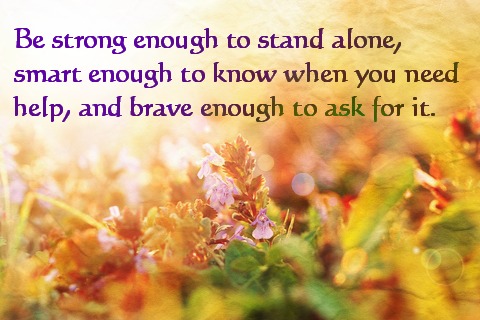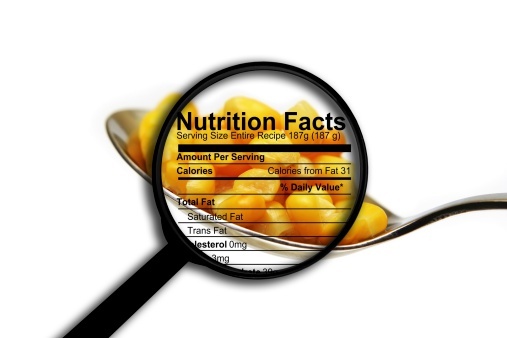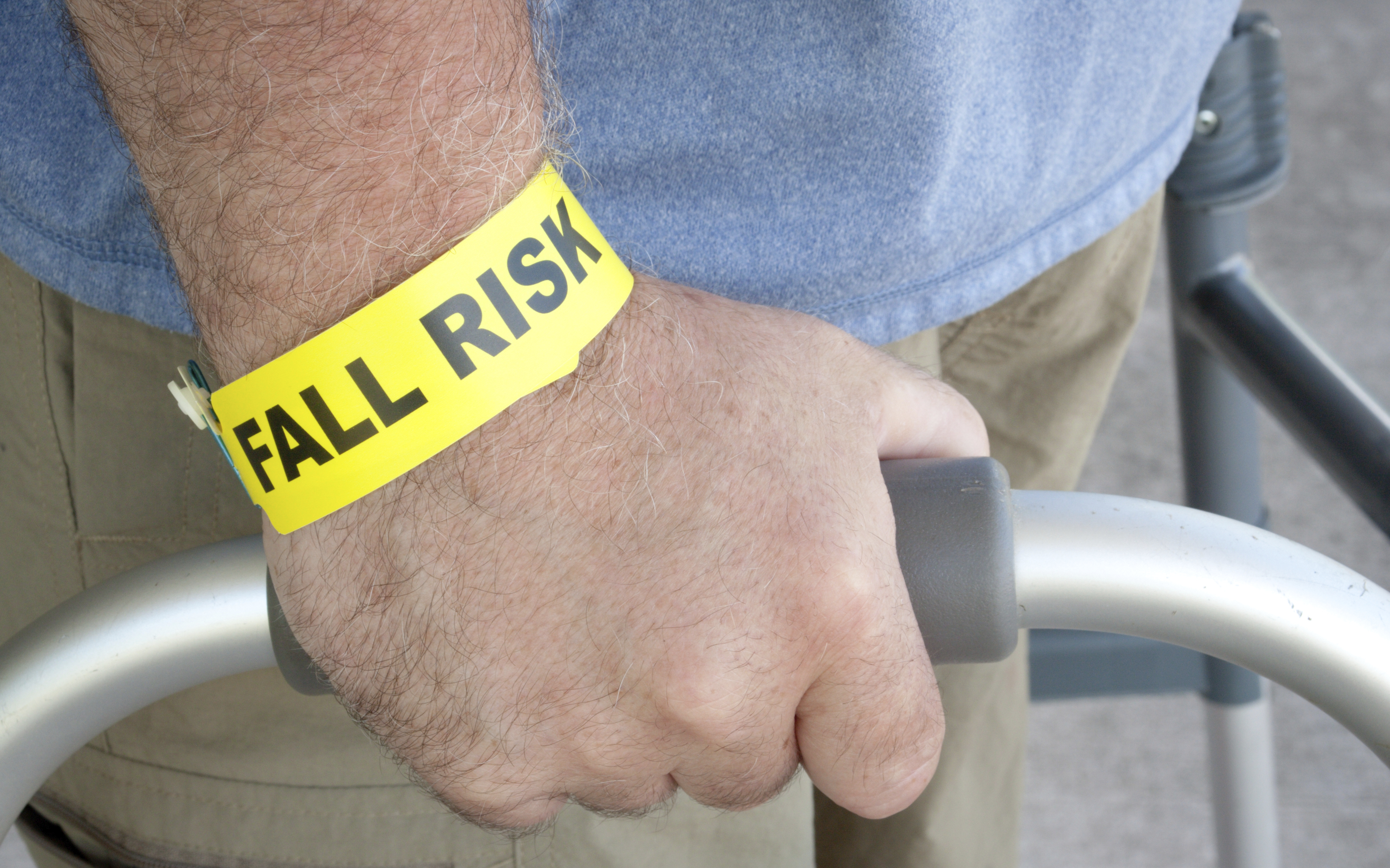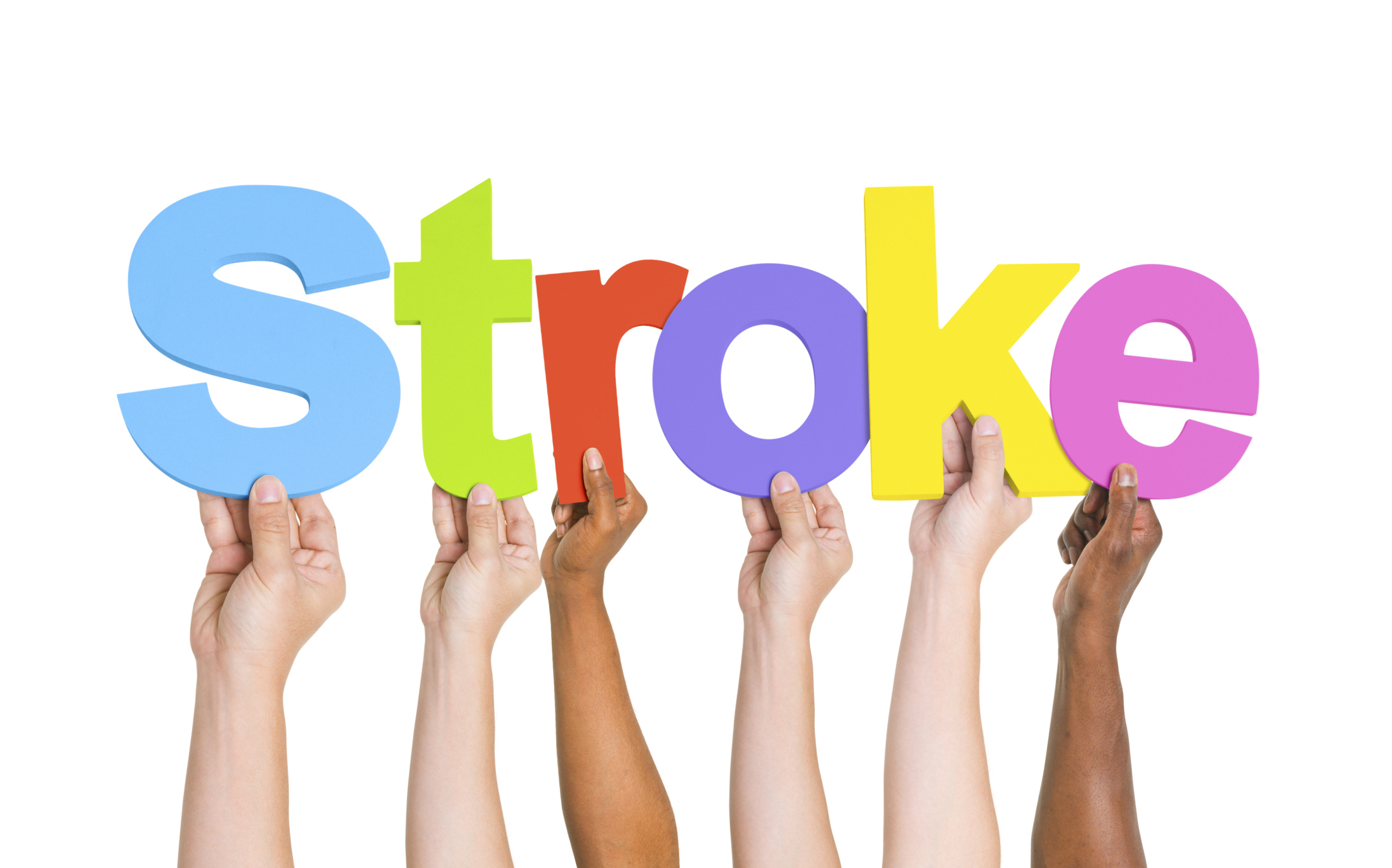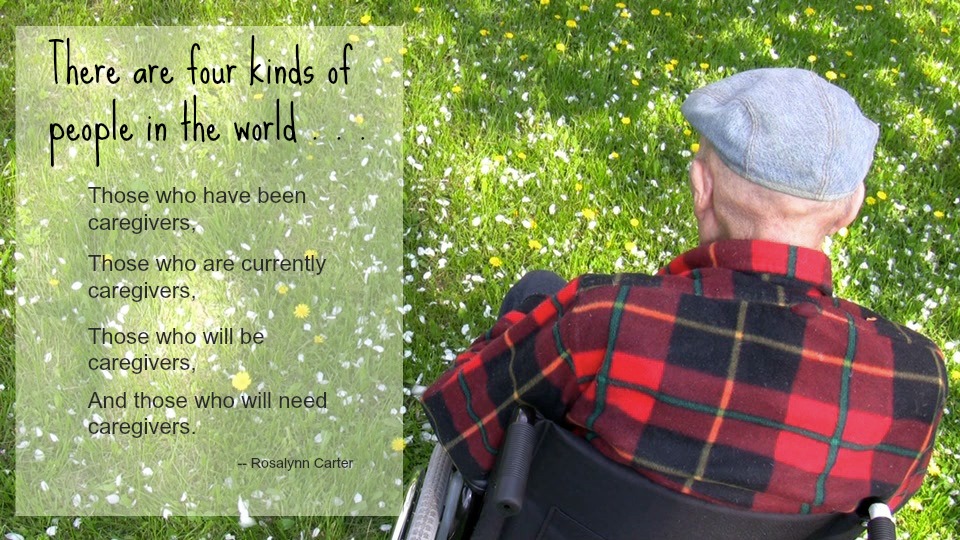“Caregiving is universal. There are only four kinds of people in the world:
those who have been caregivers, those who currently are caregivers, those who will be caregivers,
and those who will need caregivers.” Rosalyn Carter
Becoming a caregiver to another person is not only labor and time-intensive but it also comes with a significant amount of responsibility. Are you caring for a family member? Are you a professional caregiver caring for someone on a daily basis? Or, are you just a loyal and trusted friend who has taken on the responsibility of caring for someone in need? Regardless of who you are caring for and your own personal caregiving circumstances, it is essential to care for the caregiver while caring for another person. Caring for yourself could simply mean accepting help from others or taking time for yourself away from your caregiver responsibilities.
Read More
